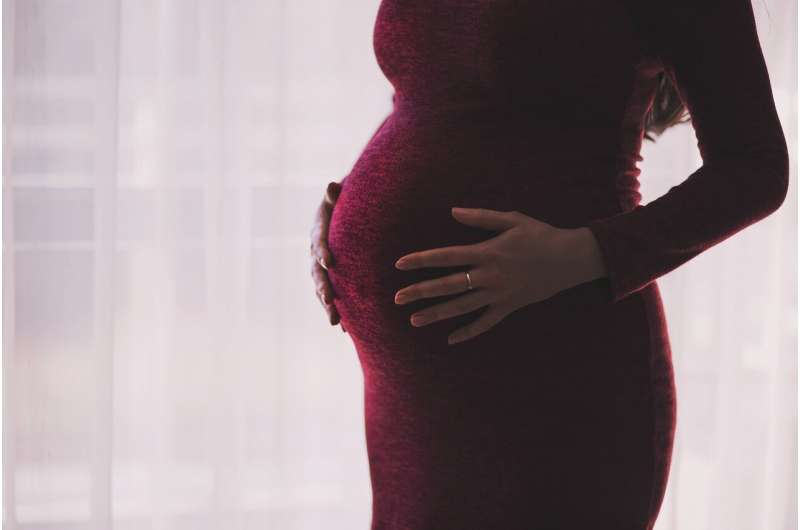
The Centers for Disease Control and Prevention (CDC) has recommended all pregnant women and those who plan on getting pregnant get the COVID-19 vaccine. Currently, however, only some 23% of pregnant women have received at least one dose of a vaccine, according to the CDC. Marc Incerpi, MD, obstetrician and gynecologist with Keck Medicine of USC and chief of maternal-fetal medicine at the Keck School of Medicine of USC, answers questions about why getting the vaccine is so important and addresses other crucial issues for expectant moms.
We are seeing reports that COVID-19 cases among pregnant women are increasing. Is there a specific reason for this increase?
The COVID-19 cases among pregnant women are climbing due to the delta variant, which is much more transmissible than other virus strains.
Why is it important that pregnant women get the COVID-19 vaccine?
There are several reasons why pregnant women should receive the COVID-19 vaccine, including:
- Greater risk of severe COVID-19 if they contract the virus.
- Higher death rate if they get the coronavirus.
- Increased risk of pre-term birth of the baby.
- Chance of health risks to the fetus.
This is why not only the CDC but also the American College of Obstetricians and Gynecologists and the Society for Maternal-Fetal Medicine recommend that pregnant women be fully vaccinated, whether with the Pfizer, Moderna or Johnson & Johnson vaccine.
Why are pregnant women more at risk for severe COVID-19?
During pregnancy, the body’s immune system is suppressed, leaving pregnant women more vulnerable to all viral illnesses, including COVID-19. In addition, pregnancy hormones and the growing fetus can decrease the ability of the lungs to expand so a respiratory illness such as COVID-19 can be more dangerous.
Is it safe for pregnant women to get the vaccine?
The COVID-19 vaccine is safe. There has been no evidence that the vaccine will harm either the pregnant woman or the baby in the womb. In my practice, I see women who are hesitant to get the vaccine, but I encourage them to get it and provide as much data and reassurance to help them feel comfortable and educated when they make their decision.
Additionally, with the recent news that the Biden administration has recommended that Americans receive a booster vaccine eight months after their second shot of the Pfizer or Moderna vaccine, women who are pregnant eight months after being vaccinated may need a booster shot.
Is there a best time in the pregnancy for women to get vaccinated?
It is advisable to get vaccinated early in the pregnancy for maximum protection against COVID-19, but it is safe and recommended to get vaccinated at any time during pregnancy. Women should be mindful that they may have a few mild flu-like symptoms after receiving a vaccine, but these symptoms typically disappear within 48 hours. They should consult their obstetrician and gynecologist if they experience severe and/or prolonged symptoms It is also recommended that women trying to get pregnant get the vaccine so they enter into pregnancy protected.
Does the vaccine affect fertility?
There is no research showing that COVID-19 vaccines affect a woman’s fertility, or for that matter, a man’s fertility. Receiving the vaccine will not impede family planning.
Can getting vaccinated while pregnant pass down immunity to the unborn child?
The antibodies created by the vaccine to protect the mother have been found in umbilical cord blood, which means that the COVID-19 vaccination during pregnancy might help protect babies against COVID-19. More research, however, needs to be done to determine the extent of this possible protection.
Should breastfeeding moms get vaccinated too?
The CDC has also recommended that breastfeeding mothers get vaccinated. Yet, breastfeeding mothers, just like pregnant women, have lower COVID-19 vaccination rates in comparison to those who are not pregnant.
In addition, there is data that nursing mothers who receive a COVID-19 vaccine may pass protective antibodies to their babies through breast milk for at least 80 days following vaccination.
Keck School of Medicine of USC

